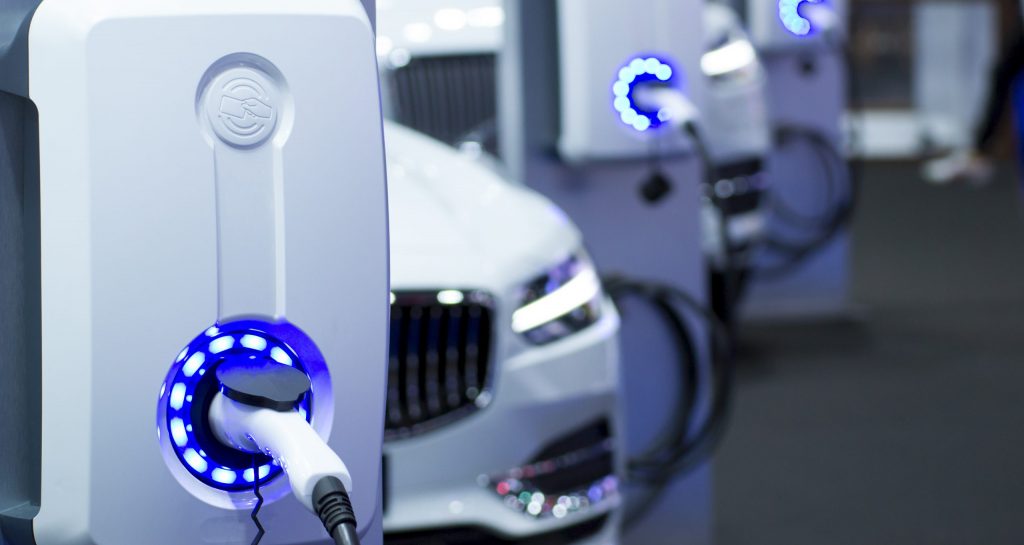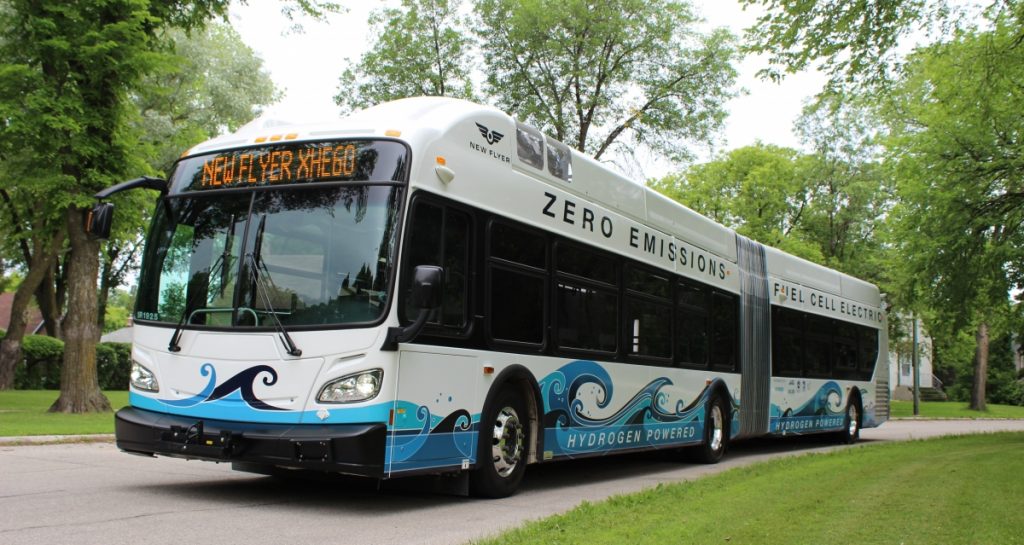
Rapid and full collaboration between the transport and renewable energy sectors is the only way to accelerate technology uptake and targeted policy change; both of which are needed to fully decarbonise the transport sector, says a new report by REN21 supported by the FIA Foundation.
Energy demand for transport is growing faster than any other sector and, without further measures, road transport will represent some 70% of overall transport sector emissions by 2050. Transport still relies almost entirely on fossil fuels and uses by far the lowest share of renewables, lagging far behind developments in the power generation sector. In 2018, transport represented a quarter of global energy-related carbon dioxide emissions and 29% of total final energy consumption. Only 3.7% of consumption was met by renewable sources.
The transport and energy sectors are tightly interlinked. Effective measures require both sectors to align their strategies and work together. The use of renewables in road transport depends on the rapid decarbonisation of the electricity sector, complemented with advanced biofuels, particularly for use in heavy-duty trucks.
The report identifies five pathways to decarbonise the transport sector in collaboration with the renewables sector:
-
Generate long-term roadmaps: Long-term, legal-binding, and aligned national decarbonisation targets need to be developed for all sectors to spur innovation and long-term investments. This includes building in accountability across the transport sector, embracing a ‘well-to-cradle’ approach.
-
Enhance collaboration: The energy and transport sectors need to engage with each other with a combination of state and non-state actors at all levels need through institutionalised frameworks.
-
Tailor-make policies: Uncoordinated or inconsistent policy instruments within and across sectors can result in counter-productive activities. Integrated strategies framed around electric mobility to reduce energy demand and increase renewable energy use are vital.
-
Exchange information: Both sectors can learn from the successes and challenges which they have each faced. For example, the renewable energy sector has built some positive narratives, whilst in road transport alternative fuel vehicles are gaining market share.
-
Develop relevant tools: A toolset to identify solutions to build a renewable energy economy and low-carbon vehicles market, in turn helping policy-makers design effective regulatory and policy frameworks..
“It’s unlikely that transport alone will develop charging infrastructure that is renewable-friendly without input from the renewable energy community and the electricity community. It’s also unlikely that the renewable electricity community will think about what has to happen in terms of charging infrastructure for EVs in a way that is compelling for people on the transport side.”
Pierpaolo Cazzola,
Energy, Technology and Environmental Sustainability Advisor, International Transport Forum
VAI Capital agrees wholeheartedly with the need to align transport and energy decarbonisation efforts. Streamlined and coherent policy efforts will improve market conditions, increasing the extent to which the private sector can play its part in accelerating the transition to a low carbon economy.
Read more here:
https://www.fiafoundation.org/connect/publications/renewable-energy-pathways-in-road-transport
Read more from Vai Capital
Why we’re doing what we do
 John Tidmarsh
John Tidmarsh
 February 11, 2021
February 11, 2021
A new study has revealed that pollution from fossil fuels is responsible for more premature deaths than was previously understood. EV’s…
Read More
Corporates leading the charge
 VAI Capital
VAI Capital
 February 4, 2021
February 4, 2021
Corporates are increasingly committing to EVs. Notable commitments in the last month alone include Heritage Environmental Services, Coca Cola European…
Read More
Fuel cell system prices to drop 77% in 10 years, says new report
 VAI Capital
VAI Capital
 February 2, 2021
February 2, 2021
An Interact Analysis Report predicts that the price of fuel cell systems, currently found almost uniquely in fuel cell buses, will…
Read More



